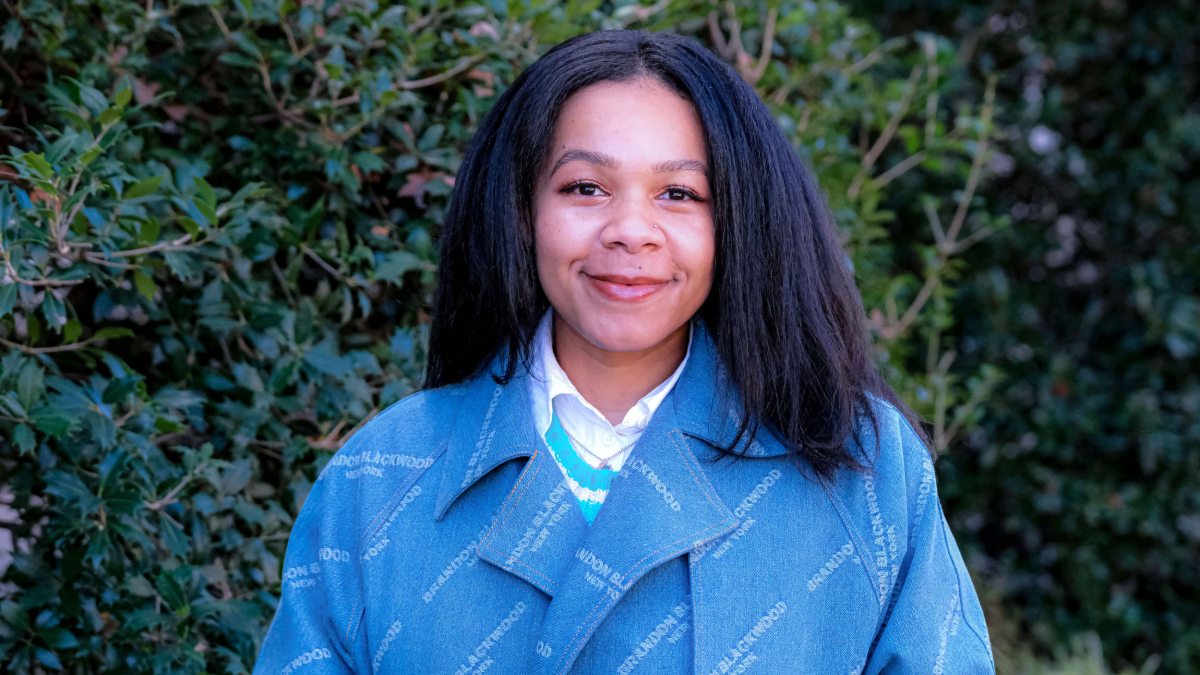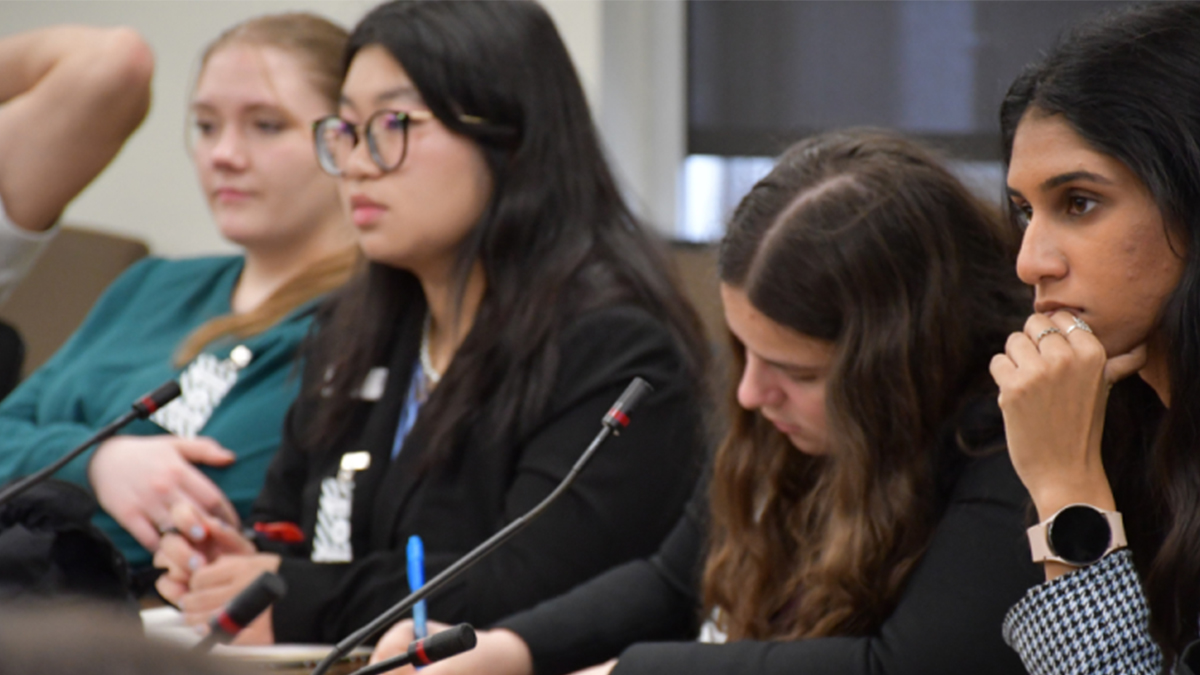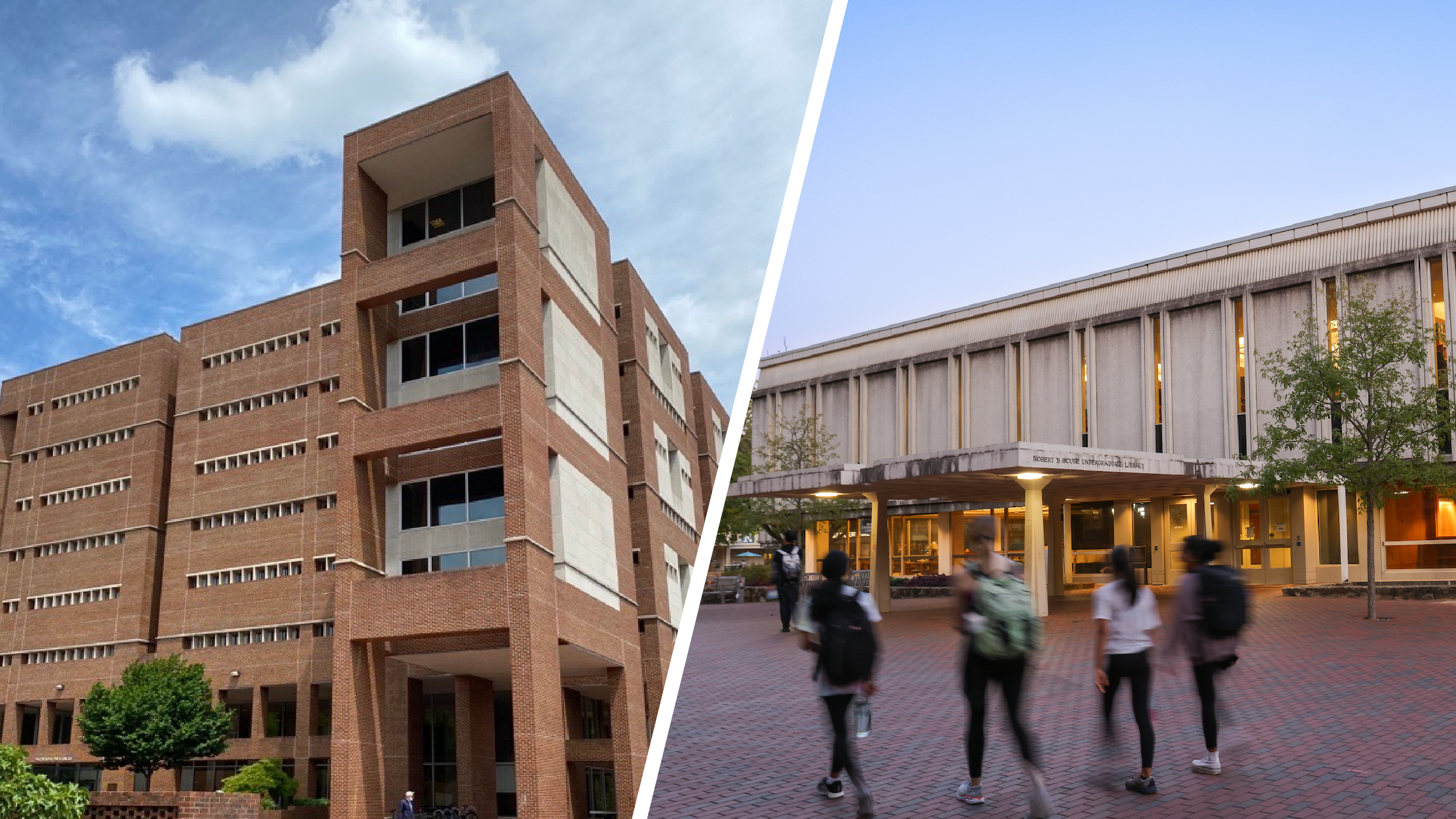Jasmyne Yeldell removes barriers to STEM education
The UNC School of Education doctoral student makes science more accessible through her research and consulting company.

Jasmyne Yeldell’s interest in science started early in life, later sparking curiosity about how to make science education more accessible.
Now Yeldell is a third-year doctoral student in the UNC School of Education’s culture, curriculum and teacher education concentration of the Ph.D. in Education program. She draws on prior educational and professional experiences to guide her research on science education.
“I was privileged to have a mother who prioritized my interest in science by finding summer programs and other forms of science enrichment that provided a supplement to the science education I was getting in school,” Yeldell said. “These experiences showed me what science really is — messy, fun and about asking questions and making discoveries. My mother sacrificed a lot so that I can have a high-quality education — something every child should have access to.”
At Carolina, Yeldell is part of the Science Education & Experiential Learning team and the I CAN PERSIST STEM Initiative, funded by the National Science Foundation. Combining these projects with her own research and community engagement, Yeldell aims to address disparities among students of color interested in STEM education — bridging gaps in the development of science curriculum and enhancing access to resources that empower students to thrive.
“I want to show students that they can participate in science education or careers,” Yeldell said. “It shouldn’t feel inaccessible. I want my research to prove that science is fun and helps us understand the world around us, making it something everyone can access.”
A transformative approach
After earning her bachelor’s degree in biology at the University of Miami in 2018, Yeldell spent a year with AmeriCorps in the Washington, D.C., area, stepping into a classroom for the first time.
Yeldell loved the classroom experience and connecting with her students. However, she became aware of systemic challenges students face. This prompted her to explore education policy, aiming to discover solutions from both global and local perspectives — leading her to graduate from Vanderbilt University with a master’s degree focused on international education policy management.
“My undergraduate science education made me question if I belonged in science – or if I was smart enough to be in school at all,” Yeldell said. “Inequitable systems sort of took all the love and interest I had in science and erased it. I fell in love with science again during my master’s program, where the shift from international professional goals due to COVID led me to focus on science education and how it can be improved for all learners.”
Yeldell joined the school’s doctoral program in 2021, driven by a passion to enhance her skills in curriculum development and STEM education and aiming to explore the customization of curriculum to support students and school communities.
The disparities in access she saw led Yeldell to create Access Science, an educational consulting company focused on supporting children’s science education, including tutoring and crafting engaging STEM activities.
She has paused her work with Access Science until she graduates, when she plans to relaunch the company and expand her services to schools and school districts.
“My inspiration stems from a desire to reshape these narratives, affirming that women of color can not only participate but thrive in science and STEM,” Yeldell said. “I’m committed to fostering an inclusive environment where everyone, regardless of gender or ethnicity, can step into the realm of science.”







